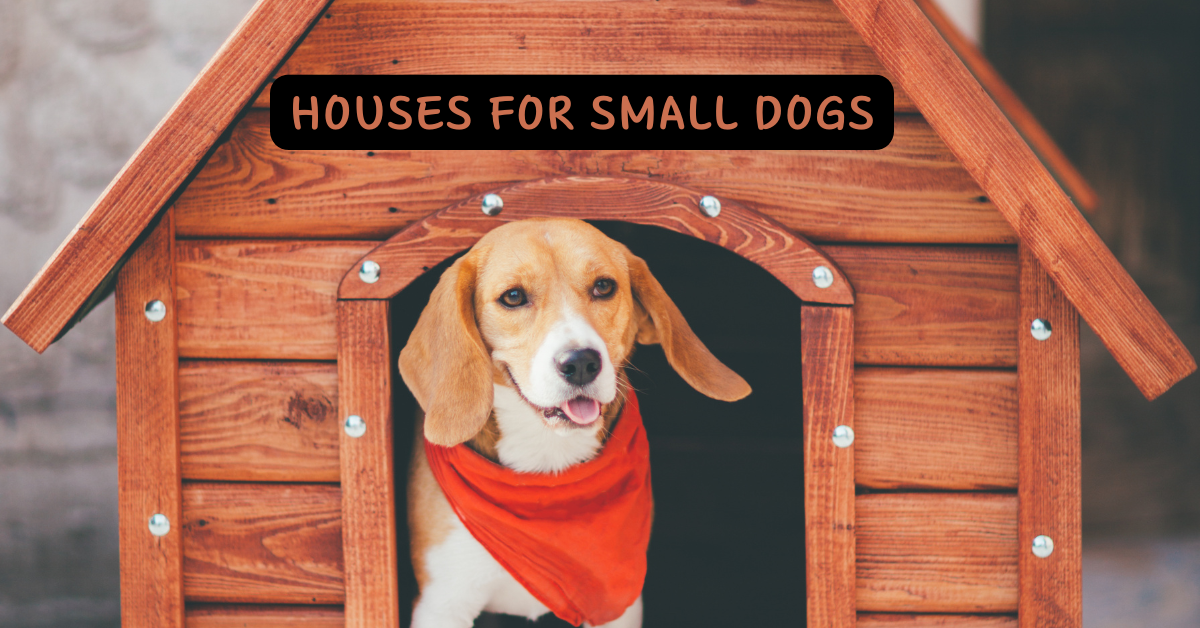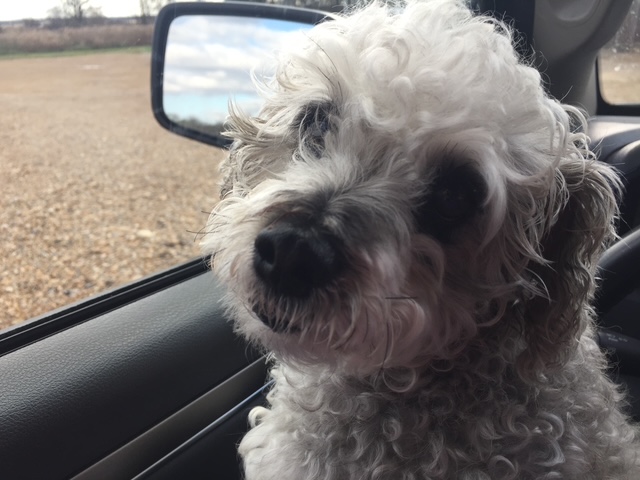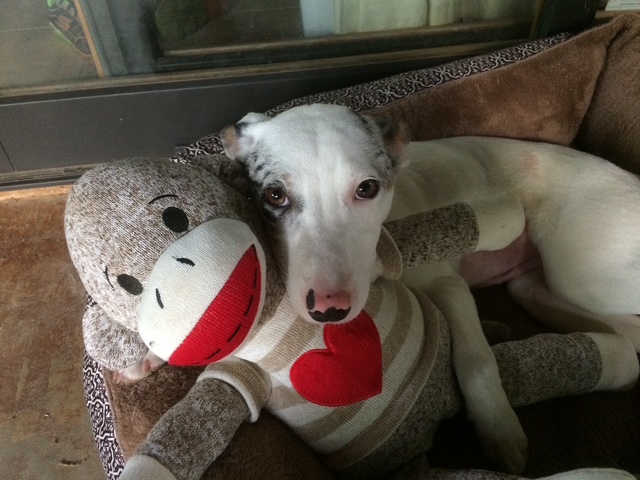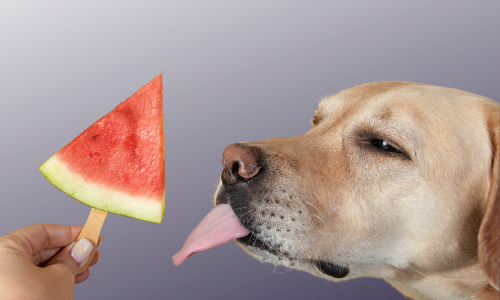The King Shepherd is a large, powerful breed known for its impressive size, strength, and loyalty. Developed from the German Shepherd, this breed is recognized for its versatility and suitability as a family companion and working dog.
*Disclaimer: This Post May Contain Affiliate Links. This Means That I Receive A Small Commission At No Extra Cost To You Should You Click Through And Make A Purchase. Learn More On My Policy Page
Breed Characteristics
- Breed Category: Working Group
- Size: Large
- Coat Length: Medium to long
- Shedding: Moderate to high
- Hypoallergenic: No
- Grooming Requirements: Moderate; regular brushing needed
- Life Span: 10-12 years
- Activity Level: High
- Temperament/Personality: Loyal, intelligent, protective
- Intelligence: High
- Trainability: High; responds well to consistent training
- Space Requirement: Large; suitable for homes with yards
- Compatibility with Children & Other Pets: Good with proper socialization
- Health Issues: Prone to hip dysplasia and elbow dysplasia
- Nutrition Needs: High-quality diet with balanced nutrients
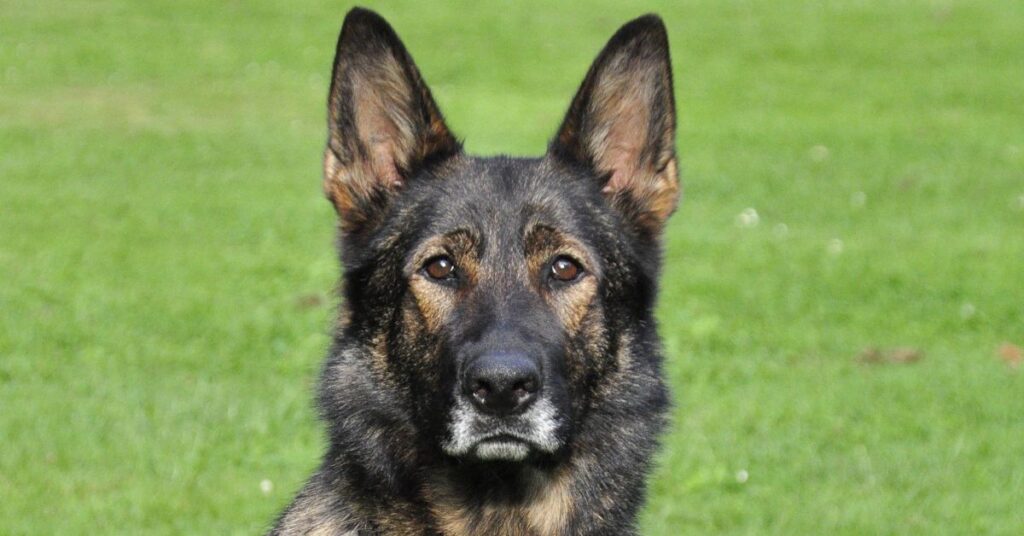
Origin and History
The King Shepherd was developed in the United States by combining German Shepherds with other breeds such as the Alaskan Malamute and the Belgian Malinois. The goal was to create a larger, more robust version of the German Shepherd with enhanced working capabilities and a more striking appearance. The breed has gained recognition for its versatility in various roles, including search and rescue, police work, and as a loyal family companion.
Appearance and Physical Characteristics
The King Shepherd is a large, powerful dog with a well-muscled build. Males typically weigh between 90 to 150 pounds, while females weigh between 75 to 100 pounds. The breed stands about 24 to 30 inches tall at the shoulder. The coat is medium to long, dense, and can be found in a variety of colors, including black and tan, sable, and solid black. The King Shepherd has a strong, athletic build with a broad head, erect ears, and a bushy tail.
Temperament and Personality
King Shepherds are known for their loyalty, intelligence, and protective nature. They are highly devoted to their families and make excellent guard dogs. The breed is energetic and thrives in environments where they have a job to do. King Shepherds are affectionate with their loved ones and can be good with children and other pets, especially when properly socialized from a young age.
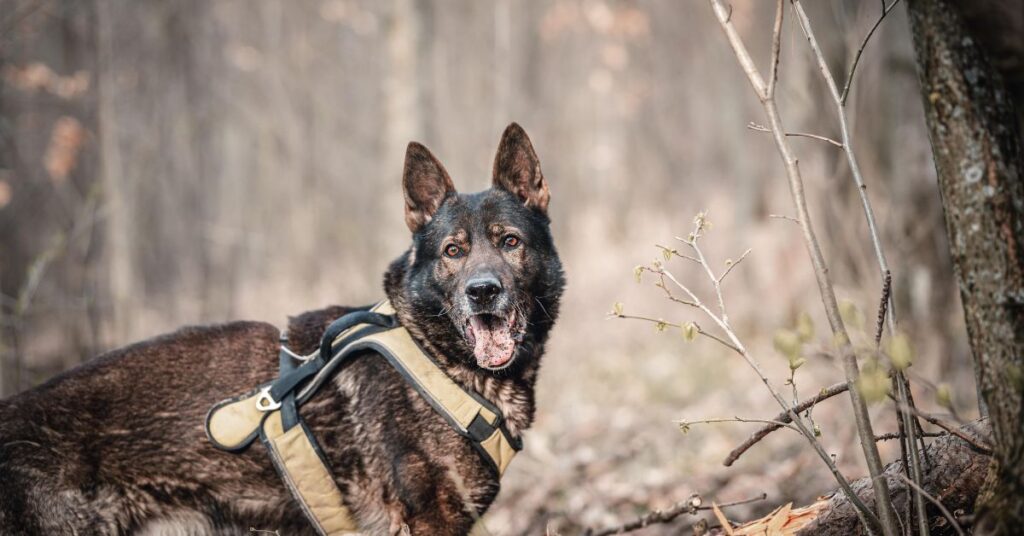
Intelligence and Trainability
King Shepherds are highly intelligent and responsive to training. They excel in obedience and various dog sports, including agility and protection work. Consistent training and socialization are important to ensure they develop good behavior and social skills. The breed benefits from positive reinforcement techniques and enjoys having tasks and challenges to complete.
Compatibility with Children and Other Pets
With proper socialization, King Shepherds can be good with children and other pets. They are naturally protective and can be wary of strangers, so early exposure to different people and situations is important. The breed’s strong protective instincts may lead them to be cautious around new people, but they are generally affectionate and loyal to their families.
Health and Nutrition
King Shepherds are generally healthy but can be prone to certain health issues, including hip dysplasia and elbow dysplasia. Regular veterinary check-ups and a balanced diet are crucial for their well-being. A high-quality diet with balanced nutrients is important to support their large size and high activity level. Owners should monitor their weight and provide appropriate portion sizes to prevent obesity.
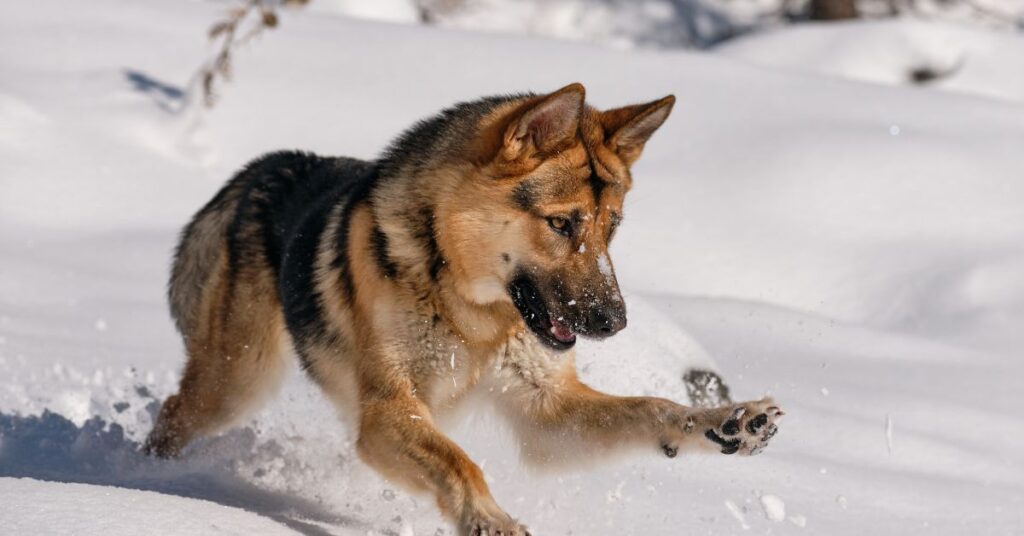
Exercise and Activity Level
King Shepherds have high energy levels and require regular exercise to stay healthy and happy. Daily walks, playtime, and mental stimulation are essential to meet their exercise needs. The breed excels in activities like obedience, agility, and protection work, which help channel their energy and intelligence positively. Without adequate exercise, they may become bored and develop behavioral issues.
Grooming Needs
The grooming needs of King Shepherds are moderate due to their dense coat. Regular brushing is necessary to remove loose hair and prevent matting. Occasional baths and routine maintenance, such as dental care, ear cleaning, and nail trimming, are important to keep them healthy. The breed’s coat is relatively easy to maintain with regular grooming.
Training and Socialization
Early socialization and consistent training are crucial for King Shepherds. They need to be exposed to different people, environments, and experiences to develop into well-adjusted adults. Training should focus on positive reinforcement techniques, and the breed thrives in environments where they are given tasks and challenges. King Shepherds are intelligent and eager to please, making them responsive to training.
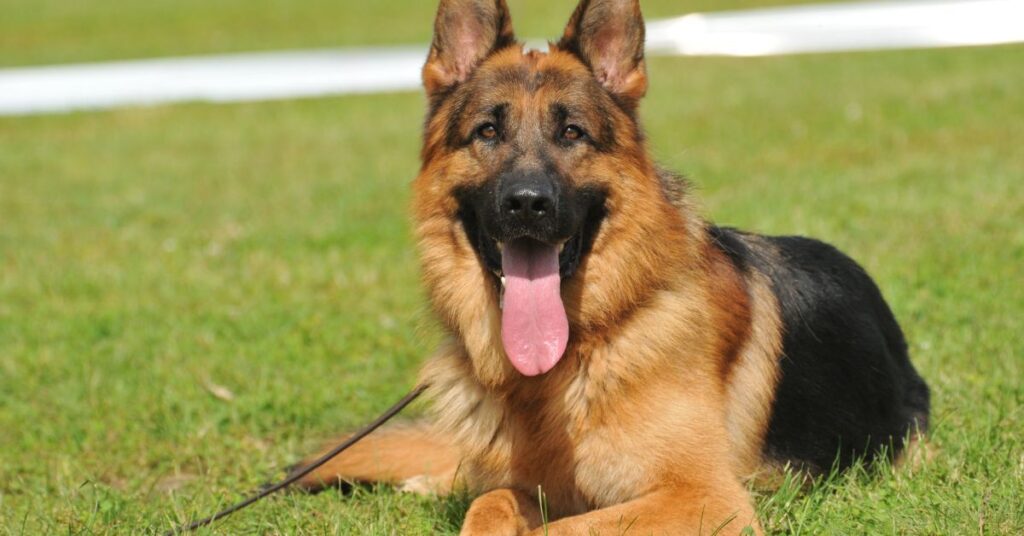
Famous King Shepherds
King Shepherds are known for their impressive size and versatility in various roles, including search and rescue, police work, and as loyal family companions. While not as widely recognized as the German Shepherd, the King Shepherd has gained a reputation for its striking appearance and exceptional working abilities.
Conclusion
The King Shepherd is a loyal, intelligent, and powerful breed that makes an excellent companion for active families and individuals. With proper training, socialization, and care, a King Shepherd can be a devoted and capable member of the family.








